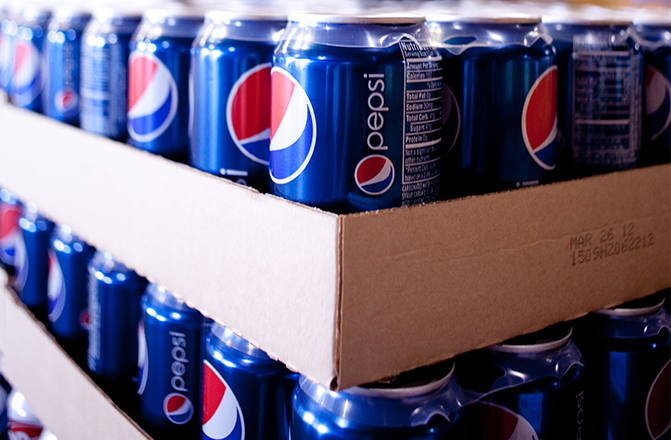Soda companies trying to sell more than soda
By Daniella Snyder, Editor-in-Chief
Two weeks ago, I went to Chick-fil-a with a friend. I’m a sucker for the chicken nuggets, and the milkshakes are the closest I can get to a transcendental experience.
But, with each delicious bite of this greasy, somewhat pricey fast food, I remind myself of the anti-gay and anti-black news stories due to the head honcho of Chick-fil-a deciding to be a bigot and say some ignorant comments in public, consequently ruining the taste of my milkshakes from now until my dying day. I buy my product with hesitation, constantly wondering if I’m making the right call—if my purchase is morally right.
In 2017, it is no longer sufficient for a company to merely sell a product. Companies sell a product…along with a particular belief system. As a result, I taste the negative effects of an outwardly homophobic and racist company with my chicken nuggets.
As a consumer, I can no longer stomach a product muddled with a company’s hateful belief system.
Trump’s election has caused countless advertising agencies to extend beyond their product, and associate it with fighting evil, resisting hate, or promoting unity and peace. Therefore, visible social justice actions become equated with sales.
Think about the 2017 Super Bowl commercials. Coca-Cola advertised a multilingual version of “America the Beautiful.”
Airbnb showed people of different races and backgrounds with a superimposed text that read “The world is more beautiful the more you accept,” and the hashtag “#WeAccept” went viral by halftime.
84 Lumber told the story of a Spanish-speaking mother and daughter and their immigration to the U.S., and Audi advocated for equal rights for women in their Super Bowl airing.
Corporate altruism is a real thing: Apple provided rainbow branded shirts for 8,000 members of its staff who walked at San Francisco’s Pride march. Car companies promote green initiatives, beauty brands promote “natural” looks, fashion companies tack feminist slogans on their shirts and Nike invests in local community service initiatives.
There are skilled advertisers working right now who believe their work can provide meaningful insight and cultural commentary while still making money. However, when companies miss the mark, the entire world knows. Take Pepsi’s most recent commercial flop as prime example.
In just two and a half minutes, Pepsi trivialized the Black Lives Matter movement into a block party, culminating to a pinnacle of love and peace when Kendall Jenner hands an armed police officer a can of Pepsi. An additional officer appreciatively smiles, and an approving crowd continues to dance and cheer, seeing a peaceful agreement take place from one. can. of. soda.
This isn’t the first time a soda company has tried to solve the entire world’s problems through a serving of carbonated sugar liquid.
Coca Cola’s “I’d Like to Buy the World a Coke” commercial had the same goal as the 2017 Pepsi commercial. However, in 1971 the commercial subtly screamed anti-Vietnam as a camera pans across people of all different ethnicities, races and backgrounds, all holding Cokes in their hands in peace.
Dr. John Jewell, of Cardiff University, who teaches on advertising and political communication, sees a direct connection between the new Pepsi ad and Coke’s 1971 commercial: “What Pepsi was doing was seeking to show its social responsibility. It’s classic cause-related marketing, because in aligning itself with good causes, it boosts sales and brand loyalty,” he said.
It begs the following questions: if companies are aligning themselves with good causes in order to make more money, how altruistic is it really? And why can’t companies just sell their products?
For Pepsi officials, the solution to this problem is clear: they shouldn’t have made this advertisement, because it was vehemently ineffective. They ran the risk of trying to be justice-oriented, but the risk resulted in huge failure. Maybe, just maybe, if they just sold their soda, they wouldn’t have ruined the taste of good ol’ Pepsi, now being served with the slight hint of trivializing the Black Lives Matter movement.

